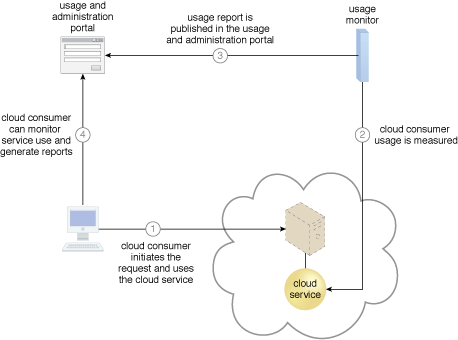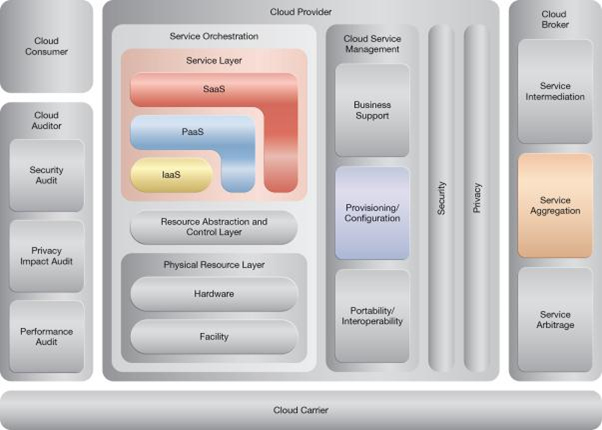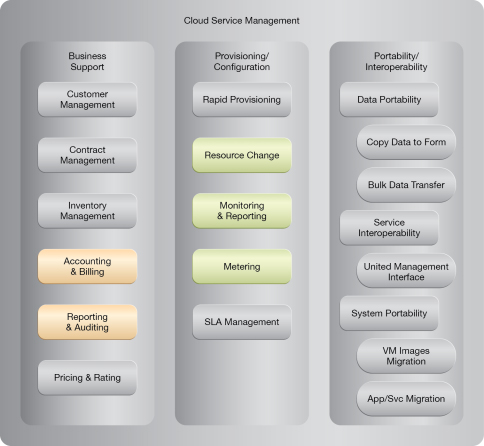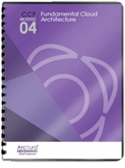Cloud Computing Patterns, Mechanisms > Monitoring, Provisioning and Administration Patterns > Usage Monitoring
Usage Monitoring (Erl, Naserpour)
How can IT resource usage be measured?

Problem
IT resources that are shared can generate a variety of runtime scenarios that, if not tracked and responded to, can cause numerous failure, performance, and security concerns and can further make usage-based reporting and billing impossible.
Solution
Cloud usage monitors are utilized to track and measure the quantity and nature of runtime IT resource usage activity.
Application
Various specialized cloud usage monitors can be incorporated into a cloud architecture, most of which will interact with other IT resources to transfer or process collected usage data.
Mechanisms
Audit Monitor, Automated Scaling Listener, Cloud Usage Monitor, Container, Load Balancer, Pay-Per-Use Monitor, SLA Monitor
Compound Patterns
Burst In, Burst Out to Private Cloud, Burst Out to Public Cloud, Cloud Authentication, Cloud Balancing, Elastic Environment, Infrastructure-as-a-Service (IaaS), Isolated Trust Boundary, Multitenant Environment, Platform-as-a-Service (PaaS), Private Cloud, Public Cloud, Resilient Environment, Resource Workload Management, Secure Burst Out to Private Cloud/Public Cloud, Software-as-a-Service (SaaS)

A usage monitor measures IT resource use and collects corresponding usage data that is stored and made available for reporting purposes.
NIST Reference Architecture Mapping
This pattern relates to the highlighted parts of the NIST reference architecture, as follows:


This pattern is covered in CCP Module 4: Fundamental Cloud Architecture.
For more information regarding the Cloud Certified Professional (CCP) curriculum, visit www.arcitura.com/ccp.
